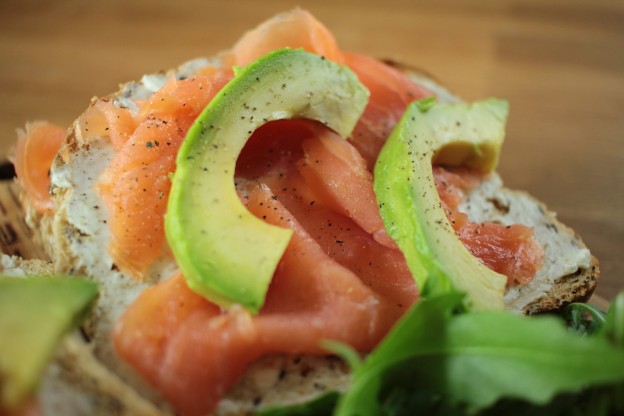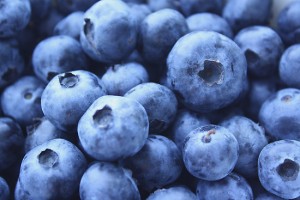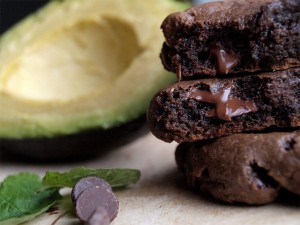By Anthoney J. Andersen – Steroidal.com
Maintaining a well balanced diet is just as important for your mental health, as it is for your physical health. Your brain requires nutrients, just as your heart, lungs and muscles do.
But which foods are the most advantageous when it comes to the performance of your grey matter?
Let’s unveil the mystery.
“Brainberries” is what Steven Pratt, MD, author of “Superfoods RX: Fourteen Foods Proven To Change Your Life,” calls these relishable fruits. Pratt, who is also on staff at Scripps Memorial Hospital in La Jolla, Calif., says that in animal studies, researchers have found that blueberries help protect the brain from oxidative stress and may reduce the effects of age-related conditions such as Alzheimer’s disease and dementia.
Studies have also discovered that diets rich in blueberries significantly improved both the learning capacity and motor skills of ageing rats, making them mentally equivalent to much younger rats.
SALMON
According to an article on Scienceline.org titled “Why Is Salmon Good For Your Brain?” salmon is topping the charts as one of the best foods to eat. Its increased popularity stems from the fact that salmon is high in essential omega-3 fatty acids.
Sixty percent of the brain is composed of fatty acids, which are the long snake-like building blocks of fat molecules required for proper brain structure and function.
Fatty acids come in many varieties, but there is one that the brain seems to cherish the most, and it just so happens, salmon is chocked full of it.
More than two-thirds of the brain’s fatty acids are docosahexaenoic (DHA), an omega-3 fatty acid found primarily in oily fish. Metabolically incapable of making DHA on our own, we must obtain it from our diet.
This essential fatty acid protects brain cells from injury, reduces cerebral inflammation, helps produce neurotransmitters that tells cells what to do and is essential for quick information transfer down the axon – the brain cells’ highway.
AVOCADOS
Avocados often get a bad rep due to their high fat content, but avocados are actually one of the healthiest fruits to consume. Avocados contain monosaturated fats, or the “good” kind of fats, keeping blood sugar levels steady and your skin glowing.
Containing both vitamin K and folate, avocados help prevent blood clots in the brain (reducing the risk of a stroke) as well as help improve cognitive function – particularly memory and concentration. Also, avocados have the highest protein and lowest sugar content of any fruit.
BROCCOLI
According to an article in The Telegraph titled “Brain food: 6 snacks that are good for the mind,” broccoli is the source of two crucial nutrients that help improve brain function: vitamin K and choline (a B vitamin-like nutrient).
Vitamin K strengthens cognitive abilities, while choline has been found to improve memory – people who consume broccoli perform better on memory tests. Broccoli also contains a sizable serving of folic acid, which can ward off Alzheimer’s disease.
When you think of chocolate, you probably think high fat content and sugar, and that it should only be consumed on occasion. Which is true to some extent, but all chocolate is not created equal. In fact, dark chocolate in particular can actually be good for you. Chocolate is chockfull of flavonols, which contain antioxidant and anti-inflammatory properties.
Dark chocolate can also help lower blood pressure and improve blood flow to both the brain and heart. But before you go feral on the Hershey’s Kisses, keep in mind that most chocolate sold at supermarkets is highly processed with few benefits. The rule of thumb is the darker the chocolate, the more health benefits it contains.
Skip milk and white chocolate and go for a minimally processed dark chocolate with at least 70 percent cocoa.
EGG YOLK
Those bright, round yolks are rich in choline. When you eat eggs, your brain uses choline to make acetylcholine, a neurotransmitter that is vital for maintaining memory and communication among brain cells.
According to an article in Reader’s Digest titled “The Best Brain Food You Should Be Eating,” Boston University researchers tracked the eating habits of nearly 1,400 healthy adults for 10 years and found that choline intake correlated positively with better performance on certain types of memory tests.
GRASS-FED BEEF
A study published in the American Journal of Clinical Nutrition found that women with healthy iron levels performed better on mental tasks and completed them faster than those with poor iron status. Iron helps transport oxygen throughout the body and to the brain. To enjoy beef with a clear conscious, splurge on healthier grass-fed cuts.
CONCLUSION
There’s no denying the fact that as we age, our body and mind ages right along with us. But as research has shown, you can increase your chances of maintaining a healthy brain well into old age if you add these “smart” foods to your daily eating regimen.









